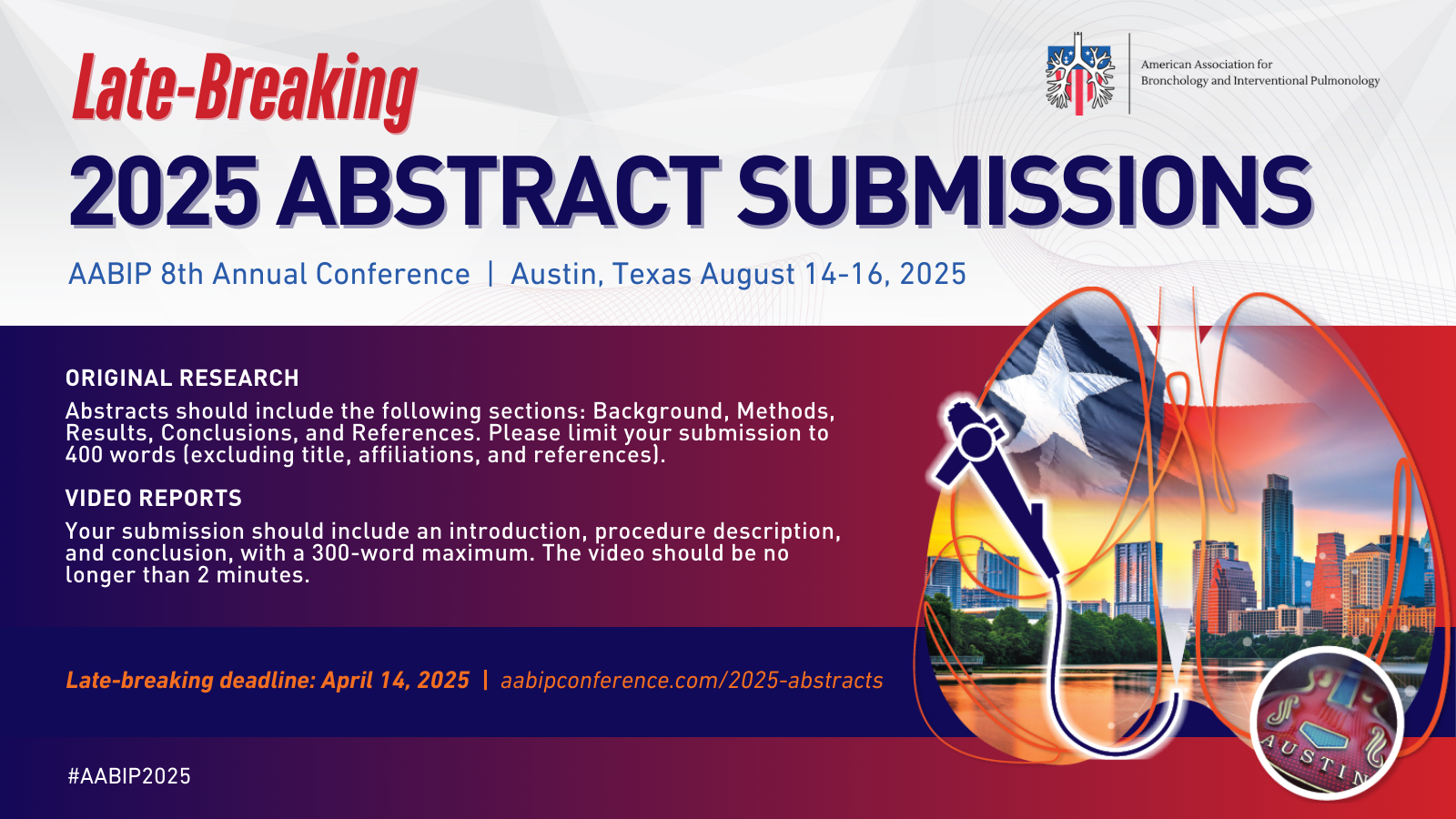https://www.ncbi.nlm.nih.gov/pubmed/30171863
Review
Reference: Shojaee S, Rahman N, Haas K, et al. Indwelling Tunneled Pleural Catheters for Refractory Hepatic Hydrothorax in Patients with Cirrhosis: A Multicenter Study. Chest. 2019;155(3):546-553.
Summary: This study evaluates the safety and feasibility of IPC use in patients with liver cirrhosis and refractory hepatic hydrothorax. This study reports information regarding catheter-related complications and overall survival rates. IPCs may be an option for the treatment of symptomatic, refractory hepatic hydrothorax, but as with any patient, a thorough discussion regarding potential complications should take place.
Management of Benign Pleural Effusions Using Indwelling Pleural Catheters: A Systematic Review and Meta-analysis
https://www.ncbi.nlm.nih.gov/pubmed/27845052
Review
Reference: Patil M, Dhillon SS, Attwood K, Saoud M, Alraiyes AH, Harris K. Management of Benign Pleural Effusions Using Indwelling Pleural Catheters: A Systematic Review and Meta-analysis. Chest. 2017;151(3):626-635.
Summary: This article reviews and summarizes published literature regarding the safety and efficacy of IPC use in the management of recurrent, symptomatic NMPE. Whereas the quality of evidence available for this analysis was low, the use of IPCs for the management of symptomatic recurrent NMPE seems to be a potential option in some patient populations.
The management of benign non-infective pleural effusions
https://www.ncbi.nlm.nih.gov/pubmed/27581830
Review
Reference: Bintcliffe OJ, Lee GY, Rahman NM, Maskell NA. The management of benign non-infective pleural effusions. Eur Respir Rev. 2016;25(141):303-16.
Summary: Non-malignant pleural effusions, especially when recurrent, can contribute to significant symptoms for patients. The optimal management of recurrent, symptomatic NMPE is not as researched as the management of MPEs. This paper reviews the etiologies of NMPE as well as management options with supportive literature.
Pleural interventions in the management of hepatic hydrothorax
https://pubmed.ncbi.nlm.nih.gov/34390708/
Review
Reference: Gilbert CR, Shojaee S, Maldonado F, et al. Pleural interventions in the management of hepatic hydrothorax. Chest. 2022;161(1):276-283.
Summary: This publication presents a case presentation and discussion of the management of hepatic hydrothorax in patients with advanced liver failure based on current evidence. Pleural interventions for hepatic hydrothorax, including when to perform thoracentesis, tube thoracostomy, indwelling pleural catheters, chemical pleurodesis and surgical interventions, are all discussed. Management in these complex patients should be approached from a multidisciplinary standpoint including a team of pulmonologists, hepatologists, and transplant surgeons. In general, for patients with refractory hepatic hydrothorax who are not transplant candidates, indwelling pleural catheters are considered for palliation. Those who are transplant candidates should undergo serial thoracentesis, with select patients considered for indwelling pleural catheters after discussion with the multidisciplinary team.




